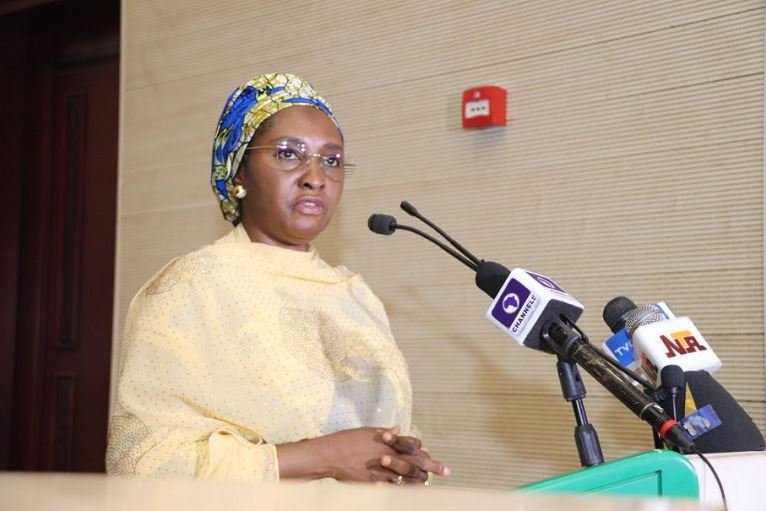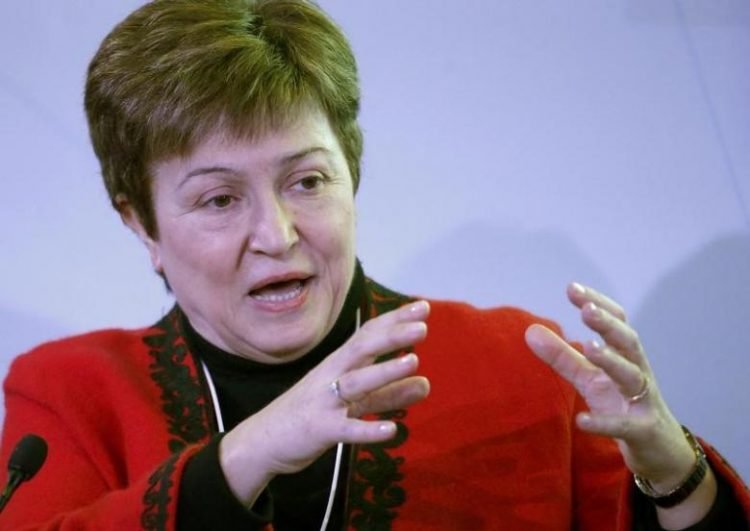Business
COVID-19: Nigeria gets $3.4bn from IMF

To enable Nigeria and 69 other emerging and developing economies to tackle COVID-19 pandemic, the International Monetary Fund (IMF) on Monday released economic funding support totalling $99 billion to them.
In an emailed report, the IMF said it advanced $29 billion under the Rapid Credit Facility and Rapid Financing instrument to Nigeria and other beneficiary countries.
Nigeria got $3.4 billion of the $29 billion to enable it strengthen balance of payment and local currency.
The fund said other countries also benefited from the support fund through other channels, including augmentations under existing programmes, to the tune of over $70 billion, thus bringing the total support fund to the $99 billion.
Many African countries like Ghana, Gabon and South Africa, among others, have been knocking on the IMF’s door for financial assistance to fight the pandemic.

Kristalina Georgieva, Managing Director of IMF
As the virus plunged Africa into its deepest recession in decades, IMF continued to support many of the member countries to pull out of the financial implications on their economies.
IMF explains use of funds
IMF Managing Director Kristalina Georgieva said the fund was meant to assist Nigeria’s fight against COVID-19 and resolve urgent balance of payment needs.
The fund said even compared to previous crises such as the Ebola epidemic, the needs triggered by this current pandemic are unprecedented.
“The fund’s rapid response helped many countries to contain and mitigate the impact of this external shock,’’ according to the report.
This financial assistance does not have traditional IMF conditionalities and phasing of disbursements over time. But countries still undertake policy commitments to address their difficulties, and governance commitments about how those resources are to be spent.
The Fund said the human toll and global economic disruption from the COVID-19 pandemic triggered unprecedented demand for financing.
The multilateral institution added that it had provided relief to more than one-third of its membership.
“Since the onset of the pandemic, the IMF has responded rapidly and decisively to meet urgent and exceptional demand for financial assistance from its membership,” it said in the statement.
Since March 2020, 70 members, including many low-income countries, have received financial support under the two instruments created to address urgent financing needs that may arise from natural disasters (including pandemics, earthquakes and hurricanes).
The IMF explained that in April, it approved a broad package of reforms, which built on previous changes to strengthen the reach and flexibility of financial assistance under these facilities.
The IMF disclosed that across Africa, countries are trying to build buffers to strengthen their economies, and for Nigeria, it is through the collection of taxes.
It said Nigeria should use the crisis to transform into a more resilient economy.











